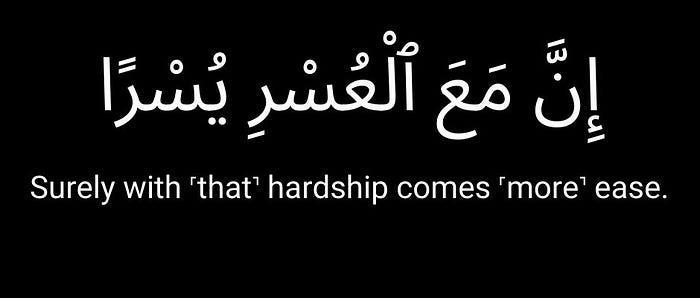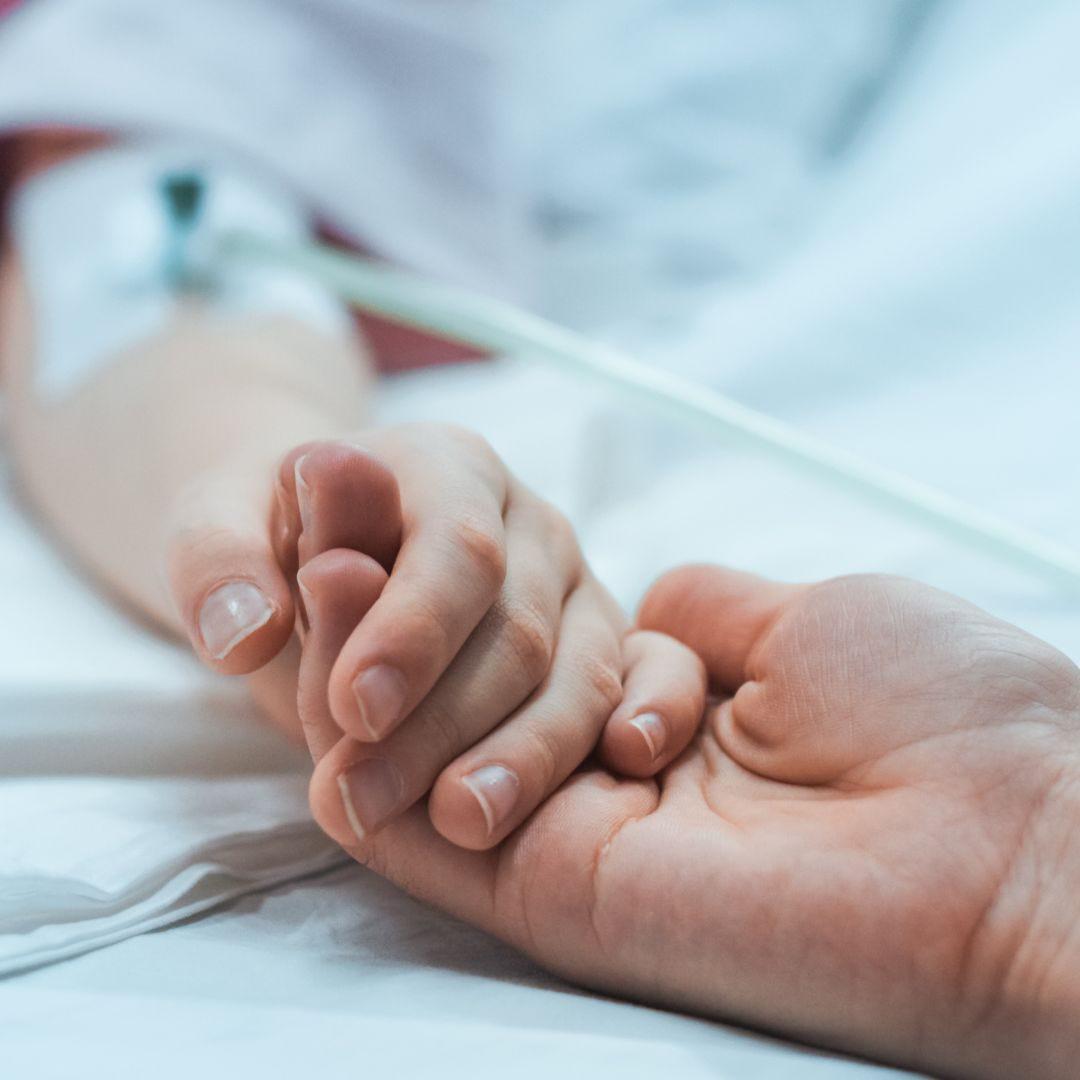Today is Monday. It's the first day of Ramadan, and my 5-year-old son has been hospitalized with suspected acute mastitis infection in both breasts. Yesterday, you wouldn't have known what that meant if you asked, but now you do. And I know it's serious.
It started with a slight complaint of ear pain on Thursday. Rest and the typical combination of medication relieved the pain. We went hiking on Friday. His temperature was low and his activity was normal, but he had ear pain.
On Saturday morning, I called the doctor. He said he would prescribe antibiotics for us. Wow! I thought. It's a bit of an "extra," but it's almost been 3 days, and this is "good MOM."
Saturday continued, and we finished preparing the house while looking forward to Ramadan. Nasheed blasting, we started working. We scrubbed walls, washed all the house linens, deep cleaned the fridge, filled the house with family favorites, hung up lights, banners, and lanterns, filled the felt calendar with treats every day, and finally, we loved ourselves. Too much Chai later, kids, a perfect Ramadan-ready home.
That night, during my self-harm insomnia, I found my 5-year-old flinching every time his ear touched his pillow. I gently placed my finger behind his ear and was shocked by the pain. So naturally, I consulted Dr. Google.
After going down the rabbit hole of ear infection complications, I bravely decided to text the doctor.
He said to go to the emergency room.
The next 24 hours were a whirlwind.
Numerous kind nurses; 4 pediatricians; 3 surgeons; infectious disease specialists; CT and MRI scans; an anesthesiologist; continuous IV with saline, painkillers, and antibiotics through a PIC line that must continue for a month. And the most worrying concern, still under discussion, is the 2cm bone that could affect my son's hearing, balance, and facial nerve.
I'm scared now.
We were supposed to witness the moon yesterday. I had to cook our first Iftar today. We should be at home.
But instead, I'm sitting by my son's hospital bed, holding his hand and praying.
Family and friends keep calling, asking if my son is okay, if I'm okay, and how they can help. They've already set up meal trains, carpools, covered for me at work, volunteered to take my kids, suggested traveling and catching forts while my husband and I are at the hospital.
Treatment is endless. Love is endless. And the gratitude that comes with it turns all tears of fear into tears of Shukr.
I see comfort.
My son looks comfortable. I see him being nourished, warm, safe, and endlessly entertained. Every time nurses bring in new toys, markers, and books. There are magic shows and music shows visiting each room. Not to mention the accessibility to watch cartoons on what we call the sedative personal bed screen.

We're at a children's hospital, and I've realized that to willingly work here, surrounded by eternal sorrow and kindness, you need to be a uniquely compassionate human.
My son is now an NPO (another word I didn't know yesterday). That means he can't eat until a decision is made whether surgery is needed. Yet, they handed us a fancy glossy menu with a long list of food options for him and assured us they can prepare his meals when needed. We chose his favorites: Mac N' Cheese and Strawberry Jello; responsible choices: steamed veggies, soup, and yogurt. The tray has enough food for both him and me to feed on.
And they even decorated his room for Ramadan.
But why am I sharing all of this? This is not a PSA (looking back, there's nothing else I could have done differently). I feel this needs to be shared other than using it as my own personal coping mechanism.
I'm grateful for everything I'm seeing right now, everything I'm feeling right now, because I can see a little sleeping child in this big hospital bed with wires and tubes. I'm grateful. Because I can see it easily.
I'm a mother, and my child is sick. He's sick with a wrong, simple, and common condition. When I discovered his pain, I called the doctor. I got in the car. Within minutes, I arrived at an excellent hospital and received top-notch medical care.
Where is the difficulty? I'm scared, but what I see is easy.

Because I can't see it:
It's the first day of Ramadan, and a mother watches her child in pain. It's just ear pain, and he's safe on her lap. She monitors the pain and hopes it doesn't worsen. She has no painkiller to mute the pain, but it's just ear pain again.
As the night progresses, the child's pain will worsen. She'll try to keep him warm with blankets she can find since she has no doctor to call. She'll try to provide hydration with water she can find. She'll try to feed him with scraps she can find.
But she won't find anything. And she won't find help.
The nearest hospital is besieged.
For burns, lost limbs, missing eyes, she can find medicine. She can find medicine for burns. She can find medicine for lost limbs. She can find medicine for missing eyes.
Her child has ear pain and a low-grade fever. And there's no medicine. Not for burns. Not for lost limbs. Not for missing eyes.
She doesn't know the infection is spreading to the mastoid bone and beyond to the skull. She doesn't have a CT scan to show her that. She doesn't know the infection will eventually form an abscess in the brain, and her child will have seizures, sepsis, and die.
Her child has ear pain, and she blesses herself that he's not worse.
And when it worsens, the only medicine she has is a prayer for the heart. Allah is.
In the end, it's the most powerful medicine someone can have.

